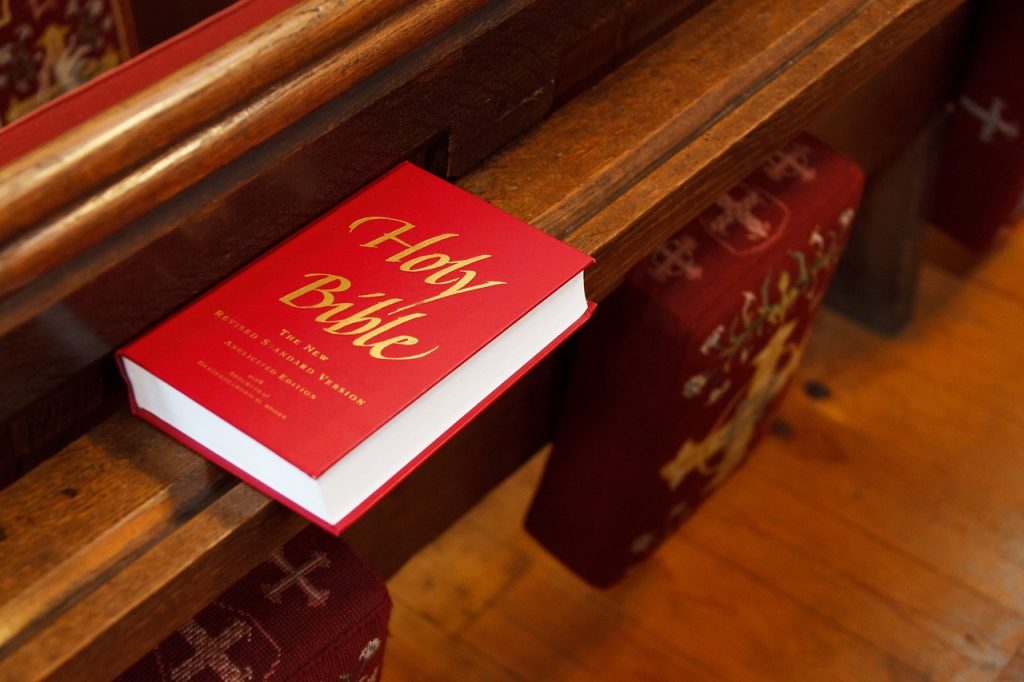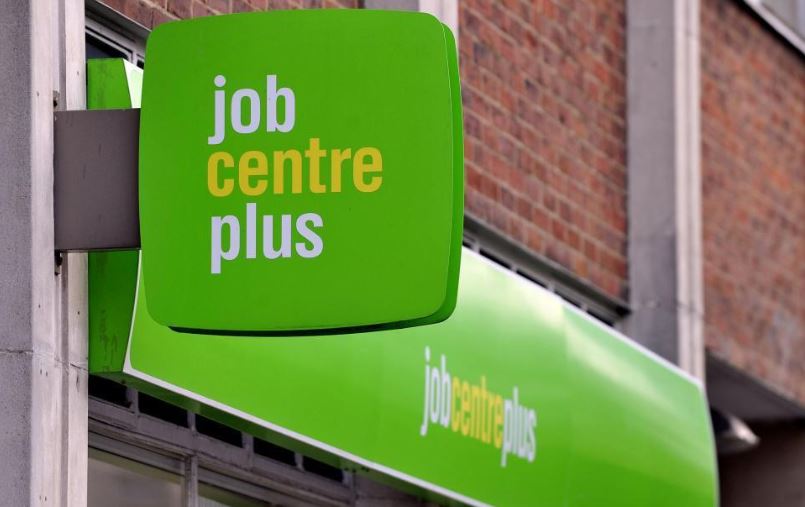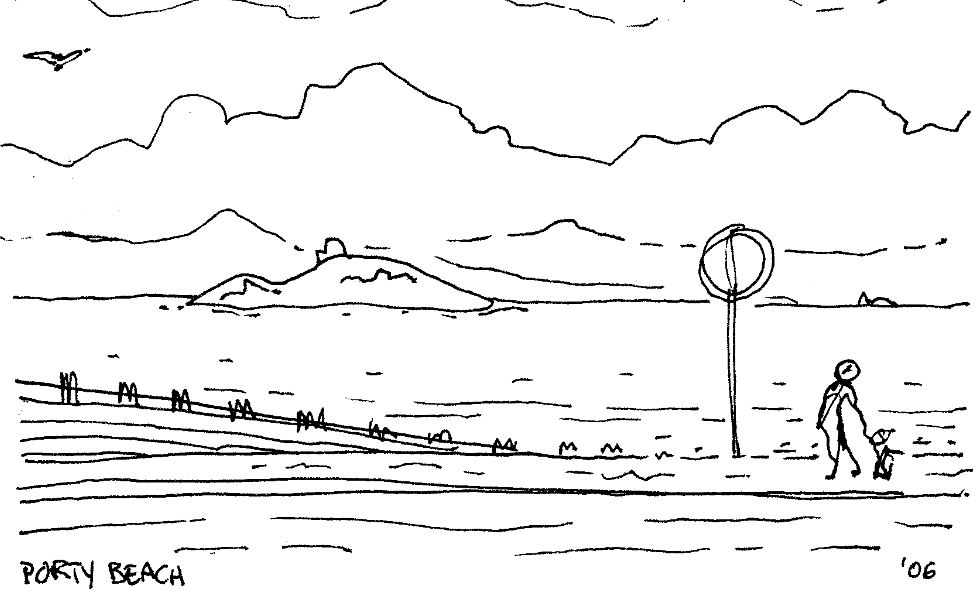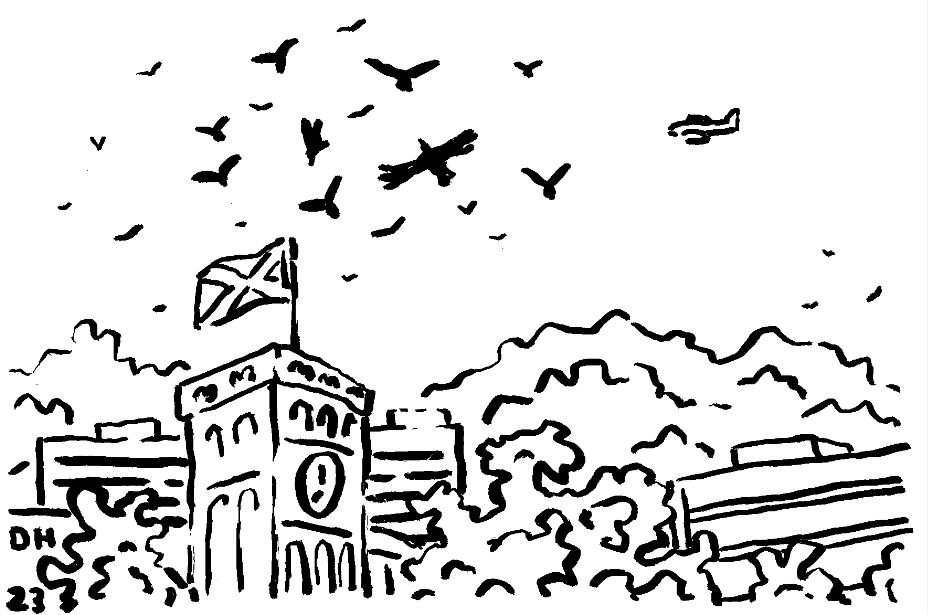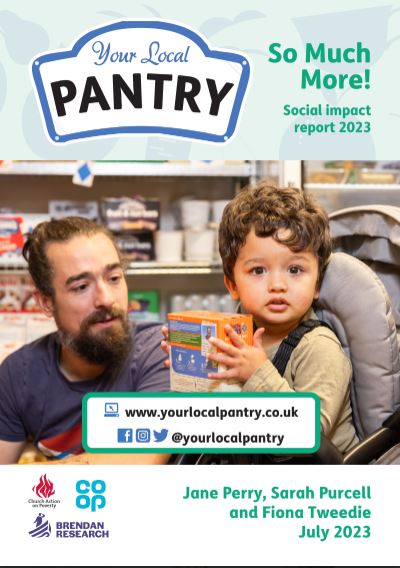Halifax voices: on housing, hope and scandalous costs
This Neighbourhood Voices story comes from West Yorkshire
We’re in Halifax. Queen’s Road to be precise – in a former betting shop that is now home to Halifax Unity, a group seeking to co-create a vibrant, diverse and resilient community, where everyone feels welcome and able to express themselves.
It’s a fitting setting for this Neighbourhood Voices conversation, hosted by Mums On A Mission.
- What do people cherish about this community?
- What should change?
- What issues would our speakers most like election candidates to prioritise?
- And what do they themselves stand up for?
Over the course of two hours, we heard about housing, transport, racism, the mental health crisis, the cost of living scandal, but also hope. Read on…
Mums On A Mission was set up by Ashleigh May, who was relocated to Halifax after being made homeless in East London, and by Vanessa Raimundo.
The group operates in London and now in Calderdale, providing support, particularly to Black families. They work also with other groups, including Spotlight Faith Group, which works with asylum seekers and refugees locally, and Light Up Black and African Heritage Calderdale.
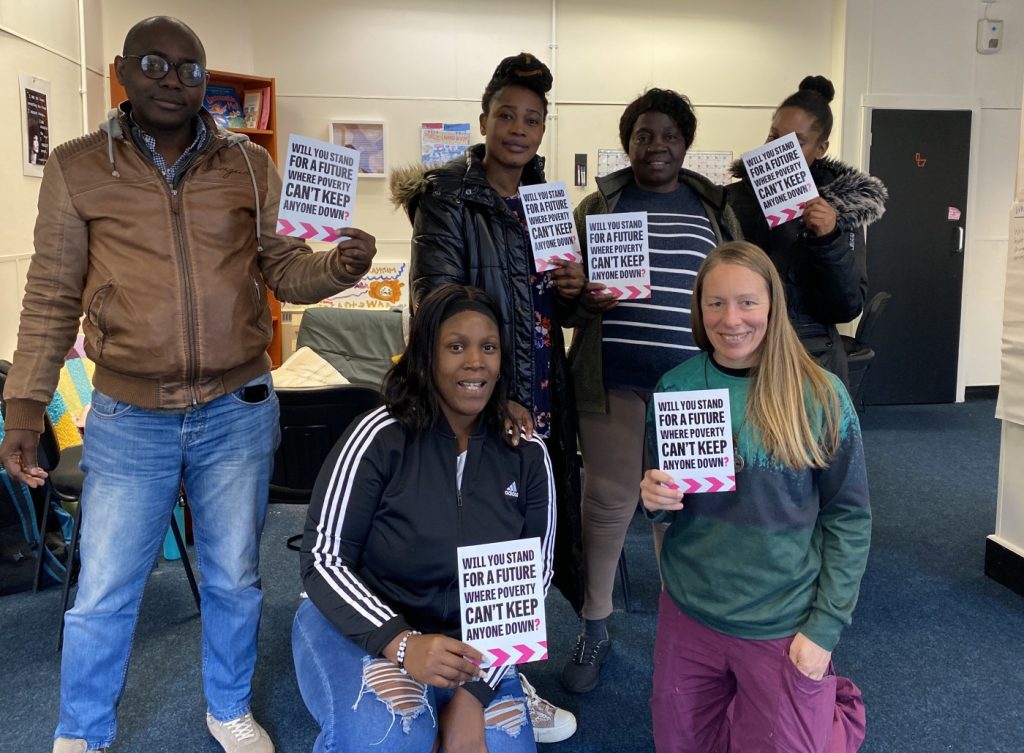
Housing
Ashleigh: “Housing is a big issue. We have asylum seekers who get their settlement status but no housing, and there are also families who are living here and need better or bigger houses. I have been in private rented housing for six years, and within that time I had a rat infestation. Despite the social workers and council trying to find me somewhere, I had to bear it out and go back to the house, still not in good conditions, and a year later I had to contact environmental health.
“My landlord now says she can’t afford the mortgage, so has given me notice to leave. It’s affecting my children’s health.
“There’s one family we have been working with for years now. They have been moved from house to house, but there are no suitable properties, and they’ve been in Ryburn House (temporary accommodation) for 10 months. The council have said the only way they will get moved sooner is if they split the family in two.
“Because of this situation with housing, many people’s mental health is deteriorating. How can you work well, knowing you have all these problems? People’s wellbeing is being burnt out. It’s a vicious cycle with many different factors.”
Viv: “Even though we don’t want it to, issues like lack of housing create competition and resentments within a community. It is a vicious cycle. Really bad accommodation leads to people getting sick, so people have to move and get private accommodation, but it’s so expensive they have to choose whether to heat or eat. If there was help earlier on, so much could be avoided.”
Mary: “After getting your status as an asylum seeker, there is no integrated system. You are in Home Office accommodation while your claim is addressed, and then you get seven days to leave.”
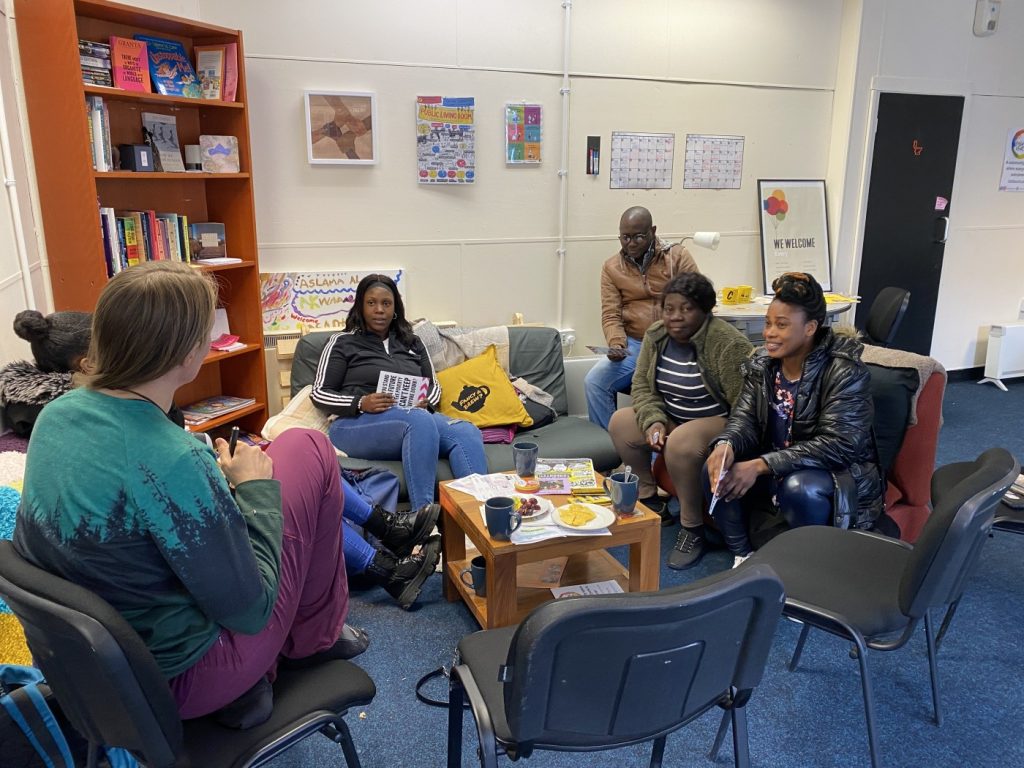
Community
Vanessa: “We have an openness here and an honesty about things, and being able to talk about our situations, and it’s all built on lived experience here.”
Ashleigh: “People want to meet and see people who look like them, representing them. People who feel the way I feel and see how I feel. People see that we make them feel like family.”
Viv: “It’s amazing, so many people without many resources, trying to support each other, like LIght Up and Mums On A Mission. Mums On A Mission has that way that grassroots groups do, of saying: ‘we will find a way and see what can work’. There’s not enough housing here and there’s not enough support. At least if you’ve got a group like Mums On A Mission or Light Up, you can process what’s going on.”
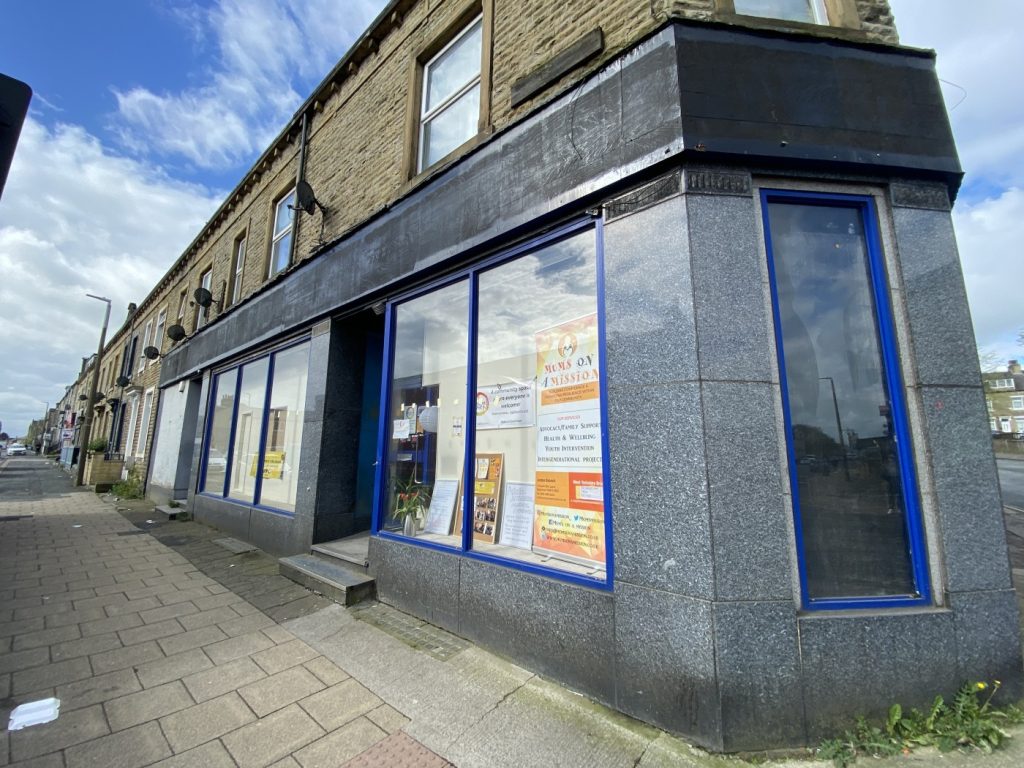
Racism, and comparing London & Halifax
Ashleigh: “When I moved here it reminded me of how Barking & Dagenham was in the 90s, you had areas with issues of discrimination, but I also saw potential. By 1999, the community in Barking & Dagenham was becoming more diverse, and within six months of moving here I was seeing more cultural diversity, but I still did not see services that reflected me, so it still doesn’t always feel like home.
“There is a lot of racism here. One girl was racially abused in Pudsey and police did not deal with it or get statements for ages, so we stood up and said it wasn’t right.
“When I first came here, people assumed we were asylum seekers, but I had been born in England and lived here.”
Vanessa: “As a Black woman here, there’s a lot of harassment, and it’s laughed off – and the people doing it are shocked when you respond to them. I think it’s improving in some areas. The more time people spend together, the more they realise we are all people, but there is a lot of pre-assumed prejudice.”
John: “There has been a big rise in the Black population here in the last few years, and statutory services do not know how to work with families from different cultural backgrounds, so they need groups like Mums On A Mission and Spotlight to help them.”
Ashleigh: “I think when people hear the way politicians talk about asylum and boats, it increases anxiety. People need to be treated like human being, but they are talked about as if they are something on the stock exchange. Also, a lot of people that come through the asylum system are skilled workers, but they are not allowed to work here.”
Vanessa: “The country is wasting those skills. Why not support people to provide services by and for people seeking asylum?”
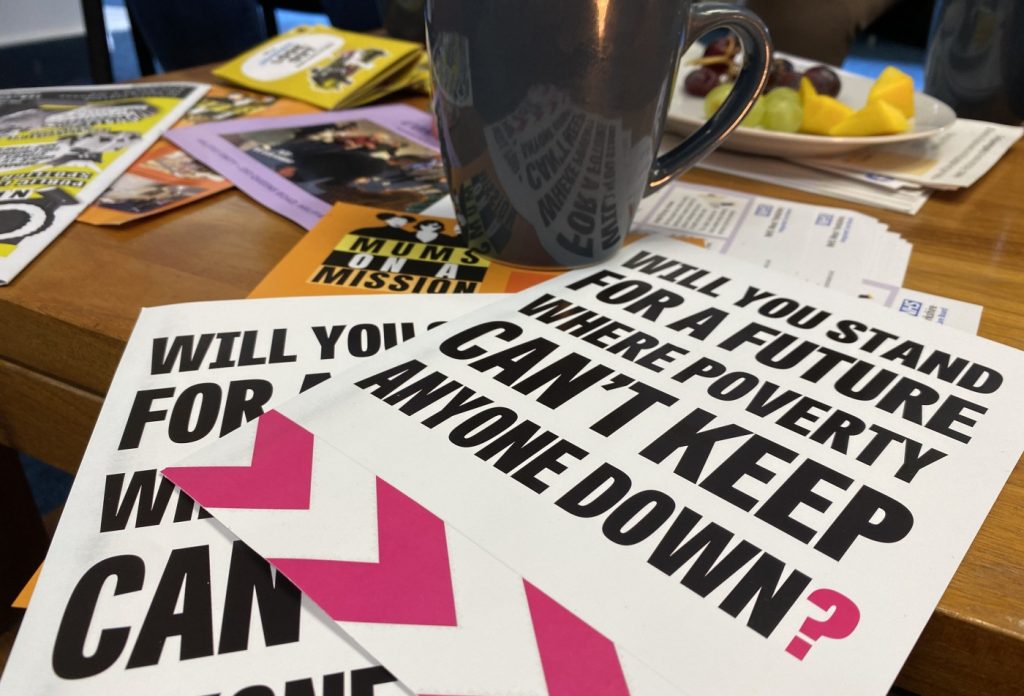
Cost of living scandal
John: “A lot of people don’t talk about poverty, but it’s real, due to high costs of living. A lot of people are in crisis. A lot of people are out of pocket on energy pre-payment meters, and don’t know they can change it.
“There’s a lot of poverty among Black people, among BAME or global majority communities.”
Ashleigh: “People are always juggling, moving money from one place to another to pay one bill, then another. It’s a cycle of not having enough, and that causes more stress. The energy crisis is hurting people and you can also see here how it affects local business and charities.
“It has affected a lot of people, and it increases isolation because community spaces close and people can’t afford to go out. There’s more online, but the risk is that the digital focus reduces human connection and that can lead to more discrimination, because we’re not actually coming together so much as human beings.”
Mary: “With the cost of living, and high energy bills, people are struggling and crying out – and then companies like British Gas are making huge amounts of money. How is that right?”
Viv: “We have said as a country that companies’ right to make profit is somehow the priority?! You get some crisis funds, but what about addressing the thing that causes the crisis?”
Ashleigh: “Organisations like us are helping people on the front line, but money keeps going to big groups, rather than the grassroots, so all we can do sometimes is refer on.”
Vanessa: “It all means you’re always on edge, with mental health, because. That’s what comes of living in poverty.”
Viv: “People have been through so much, and then their mental health sits on top of all that.”
Esther: “It’s very difficult for me, with accessing food and eating. I don’t have facilities to cook much, and if I wanted to cook food I know, I would have to travel to Huddersfield, and that costs £15. I’ve been moved from Halifax to Brighouse, and getting from there to college or into Halifax costs a lot as well.”
John: “There are a lot of issues for men with mental health. It’s varied, but men do not say as much, for whatever reason. You have to be able to connect and resonate with them, and what I do is through sport.
“That brings people in – people have depression or family issues, and it’s not easy, and you end up talking to each other, like counselling. People then associate with their peers. We have people in temporary accommodation or going through asylum claims, and through sport and talking, people come together and are introduced to each other. “

Transport
Ashleigh: “Transport is not fairly priced for kids. In London, kids travel free on buses, but not here. So if someone has, say, three children in secondary school and you have been relocated across town and now live far from school, it’s really expensive. Why can’t it be free for kids on buses to school?”
Vanessa: “Transportation services are much better in London.”

Election priorities
John: “I would focus on crime, poverty and mental health. I want a bigger society where more grassroots groups can be heard about what’s happening to them. There also needs to be more for young people.
“Poverty is the main thing we need to put forward. If people had enough money for food and energy and their rent or mortgage, they would have much less to worry about. If we tackle poverty, then things like poor mental health, violence and crime will all reduce as well.”
Mary: “They need to look in to work and employment, and what they pay people. It’s not about telling people to ‘just work’, because the system doesn’t work well – you can be working and lose so much through deductions to the support you had, so you lose out. If we work on that, poverty will come down.”
Ashleigh: “I would like candidates to hear about people’s wellbeing, and invest in social care, housing and making sure people in statutory services are trauma-based trained. The quality of life in this country is getting worse.”
Viv: “How can we be as well as we can be, and support each other, while systems are breaking? The focus is all on work and productivity rather than wellbeing. The DWP is going from supporting people to just policing.”

What gives you hope?
Esther: “I get hope from the way people in here treat each other. When we lack something, we come together. When we come to Mums On A Mission, that gives me hope.”
Vanessa: “Having a community support network gives me hope. That’s what was missing for my mum 20 years ago, a support network of humans being humans to each other, and being there for one another. We helped someone once in town, who was beaten up and needed help. She texted us months later, saying she was the girl we had helped, and saying we had restored her hope in humanity. Having support really helps.”
John: “When people speak truth to power, to influence decisions and demand change, that gives me hope.”
Vanessa: “Yes, our experiences are so valid, and need to be heard.”
Ashleigh: “When we started speaking up and saying what we had experienced, people who had worked in the sector for years were surprised, but they acknowledged that they were inspired by our strength, and the fact that despite what we had gone through, we were still helping others.
“Speaking up shifts things in people and reminds them why they started doing the work they do in the first place.”
- Three of the people in this conversation preferred to preserve their anonymity. Esther, John and Mary are pseudonyms.


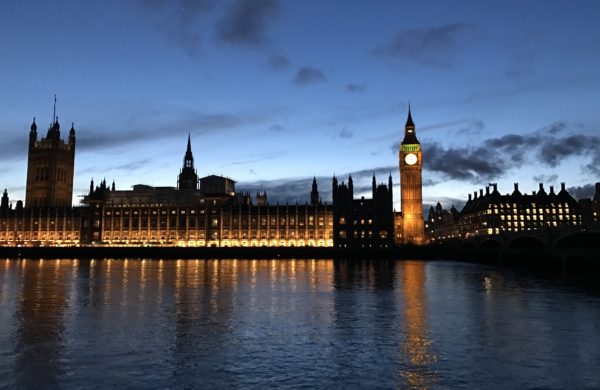
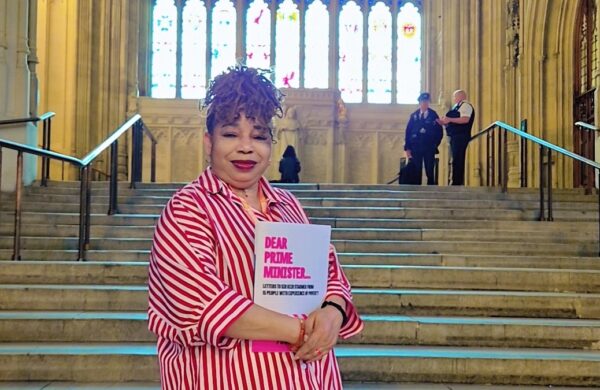
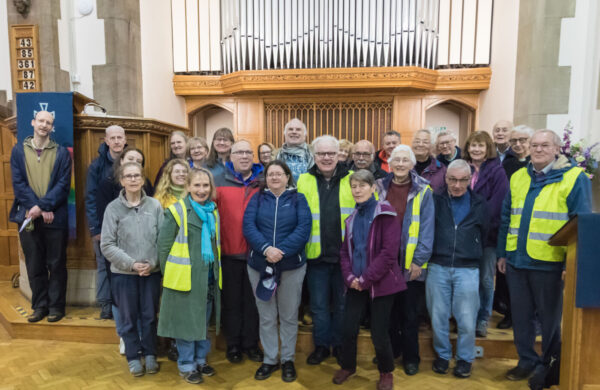
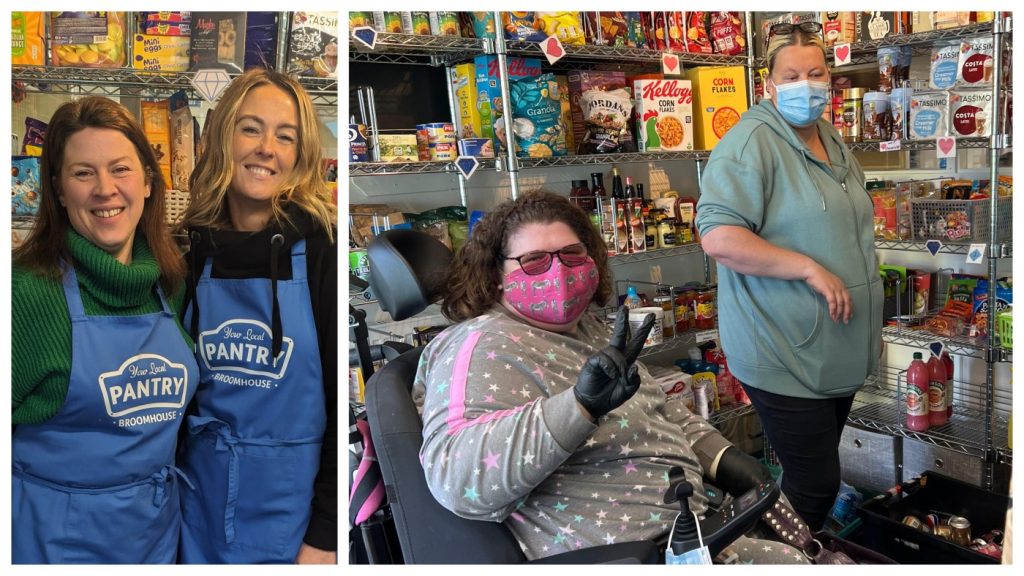
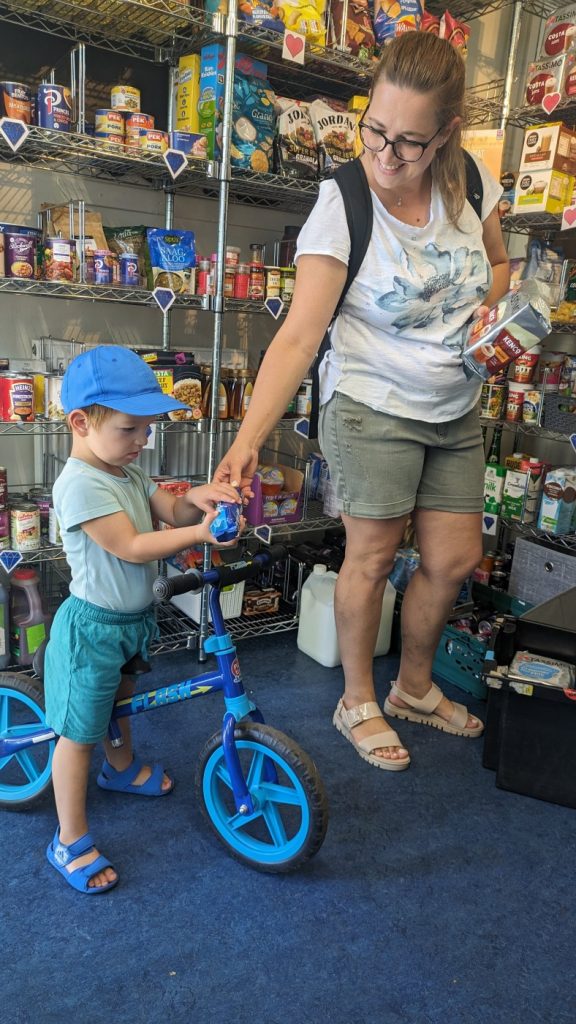
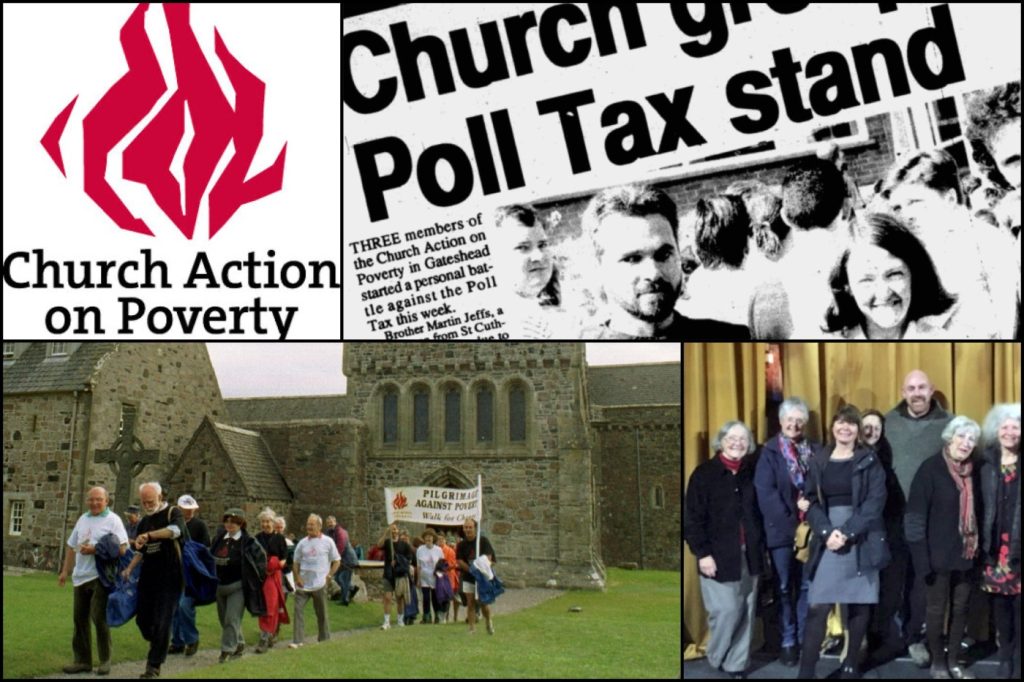
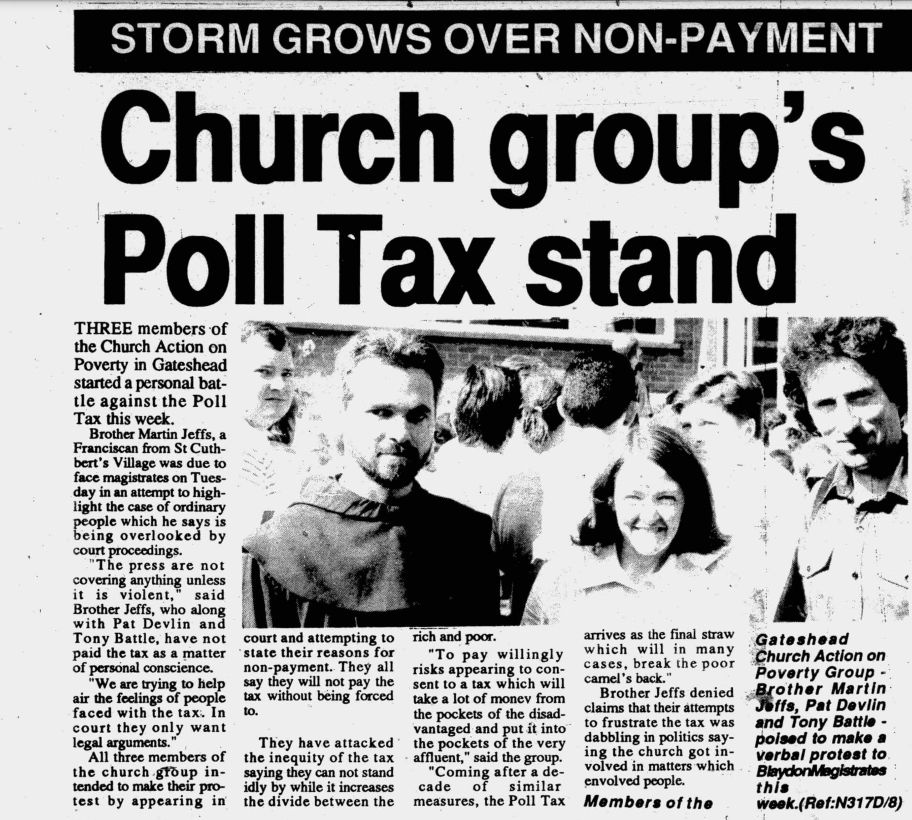
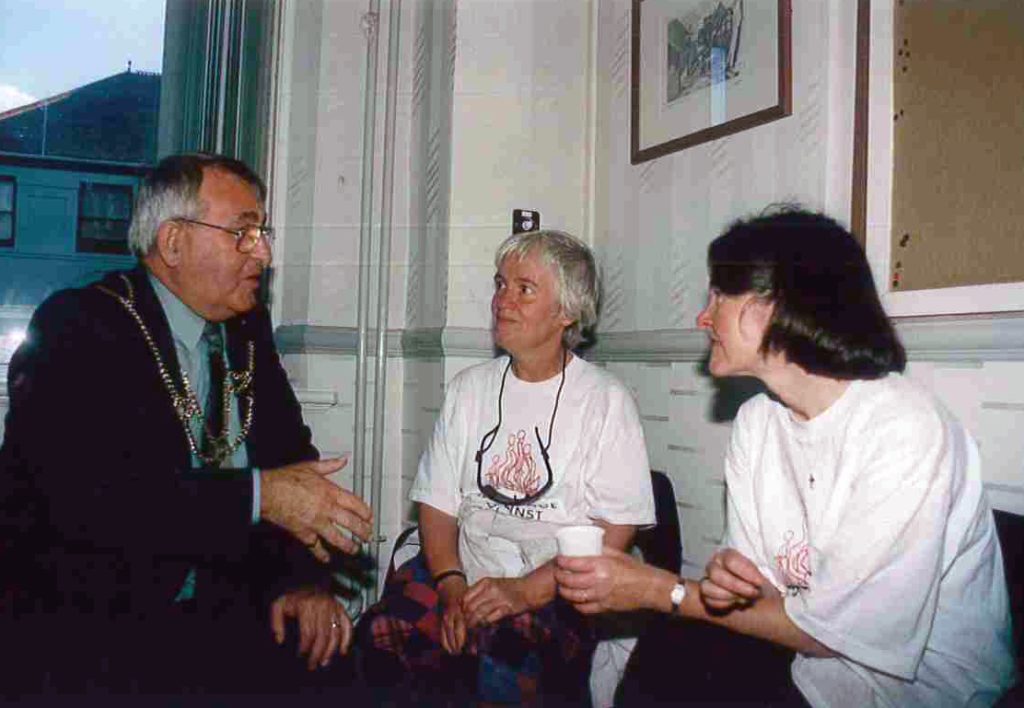
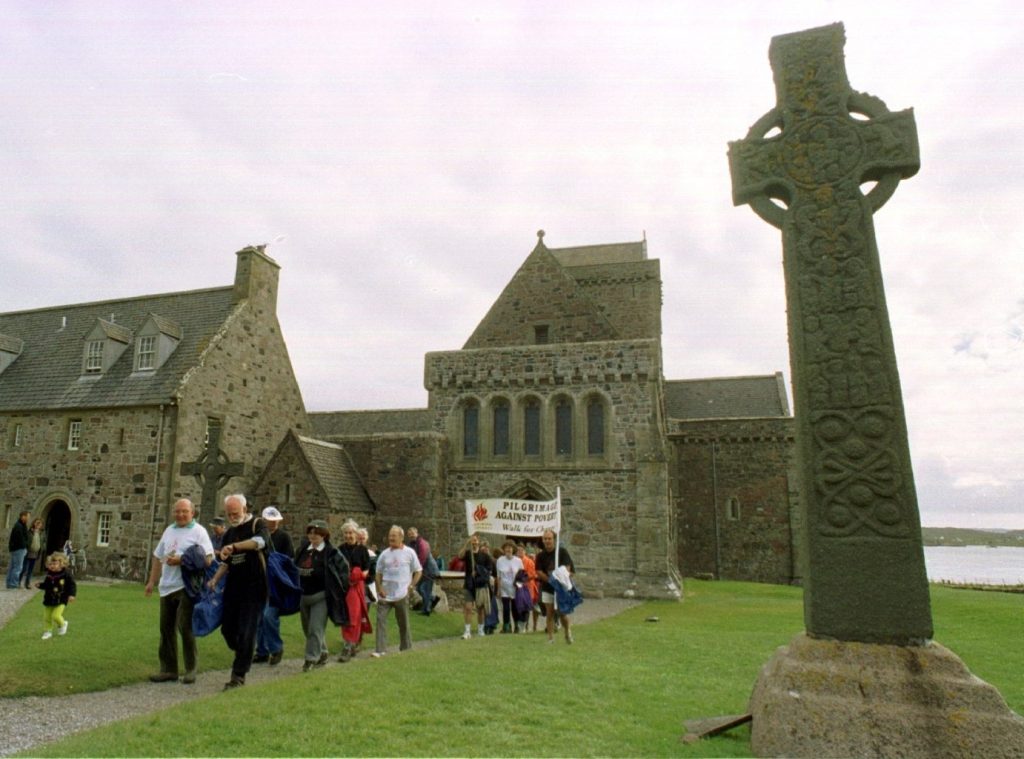
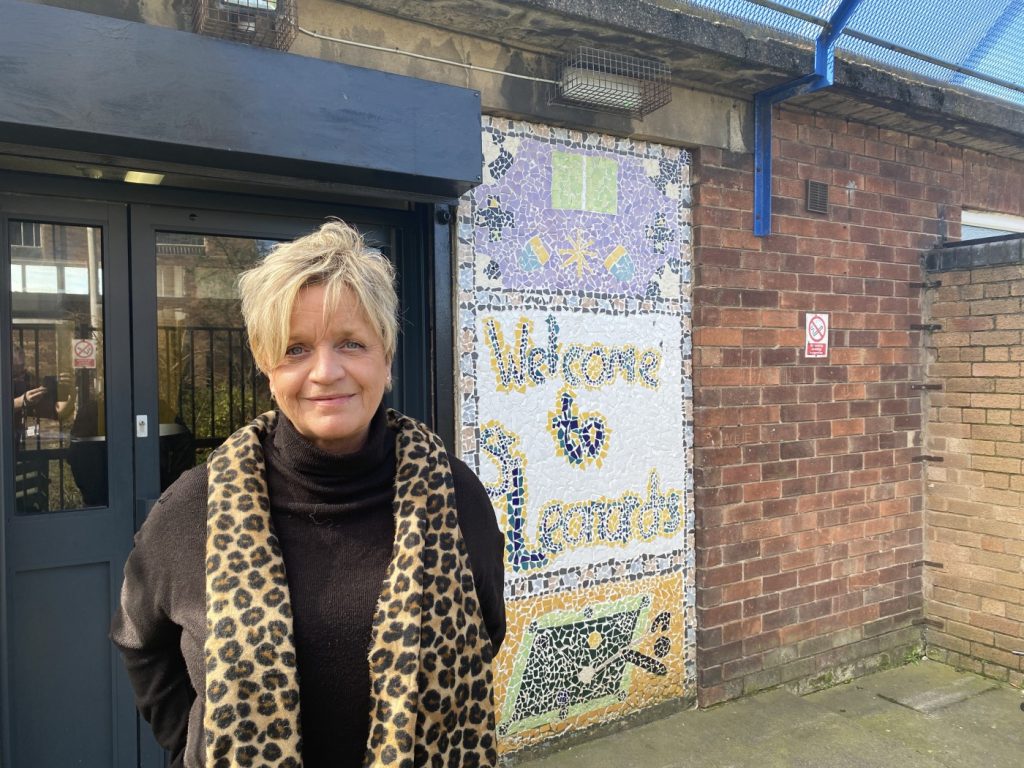
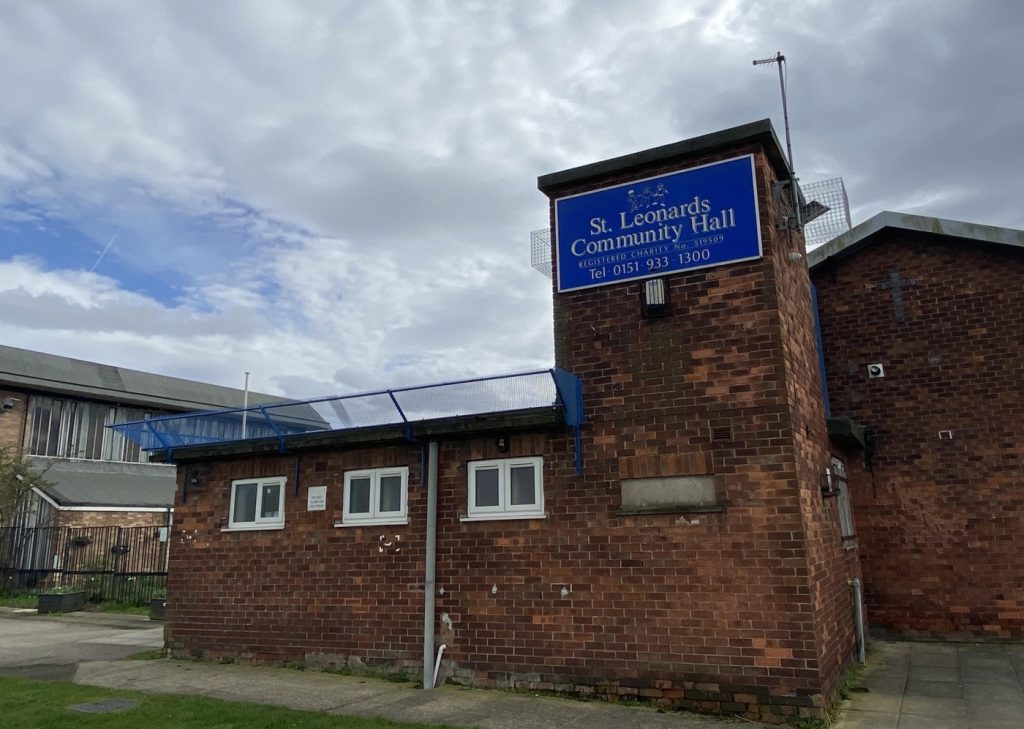
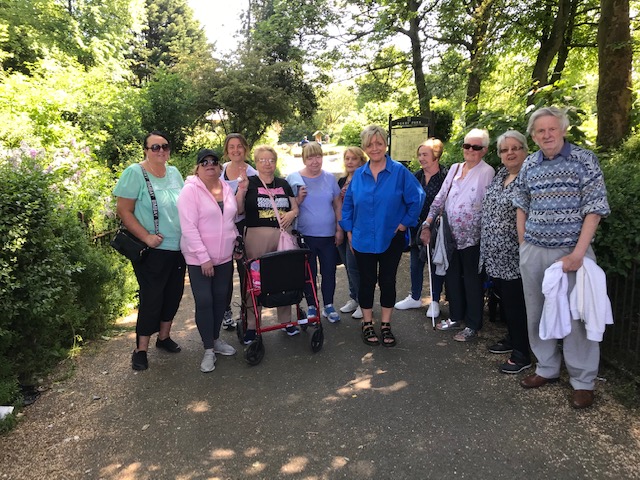
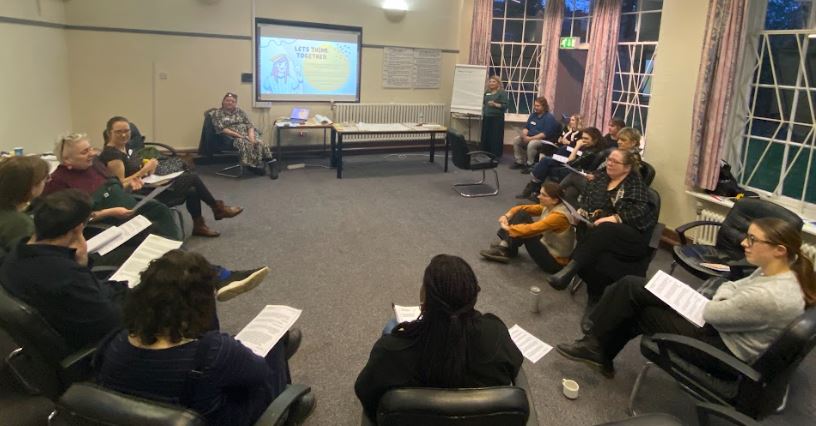
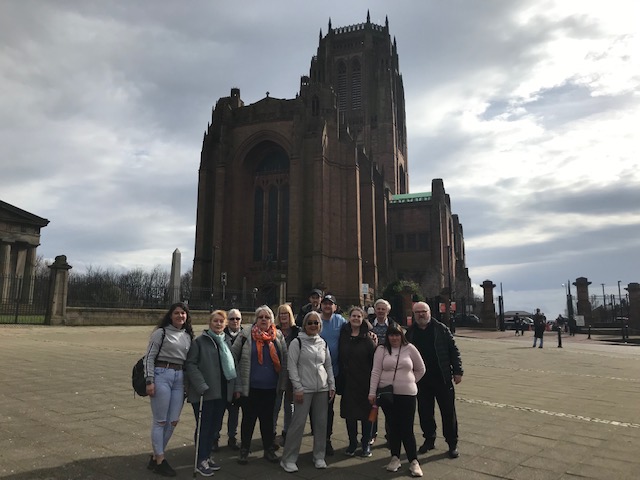

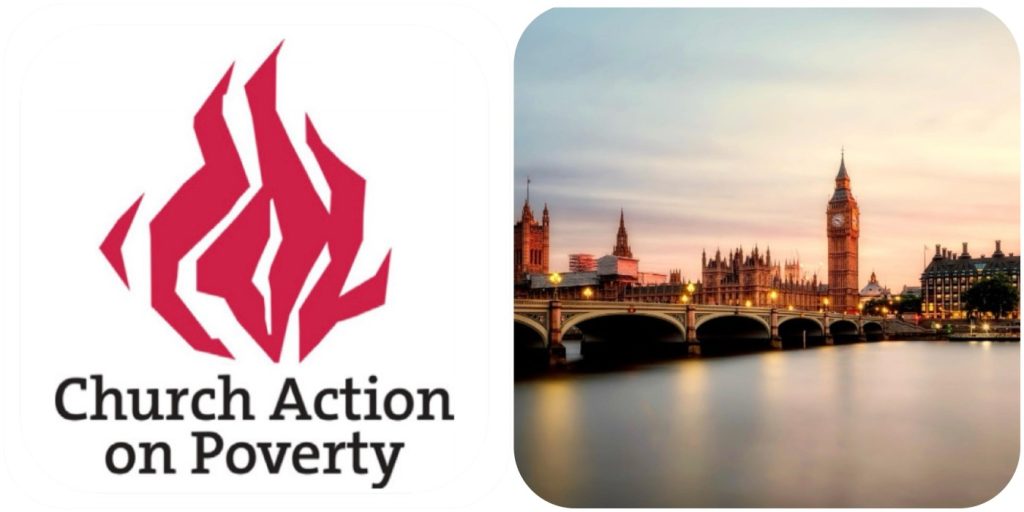




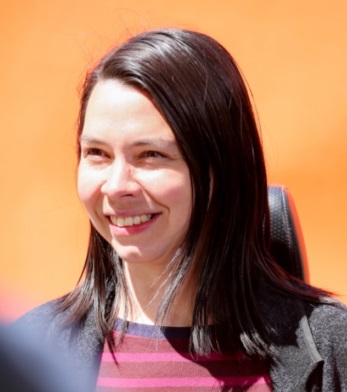 These stories are told by Stef Benstead, a social justice campaigner, Manchester Poverty Truth Commissioner, and an expert on the mistreatment of disabled people.
These stories are told by Stef Benstead, a social justice campaigner, Manchester Poverty Truth Commissioner, and an expert on the mistreatment of disabled people.
